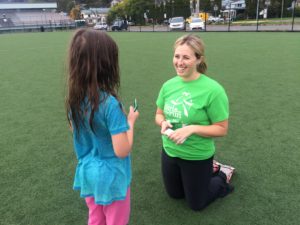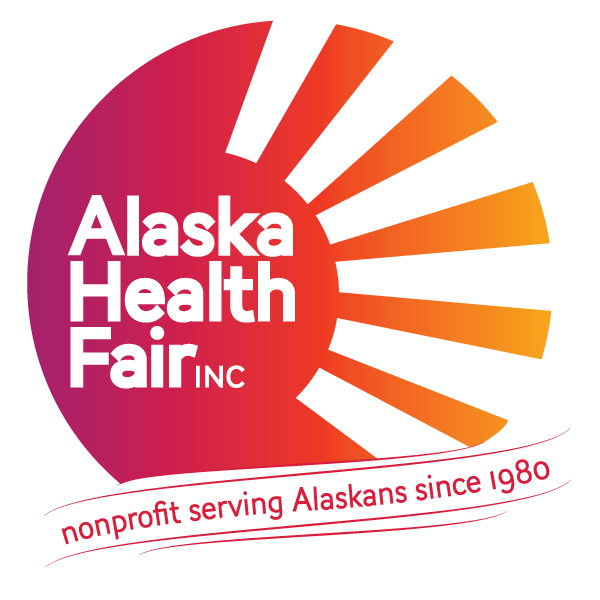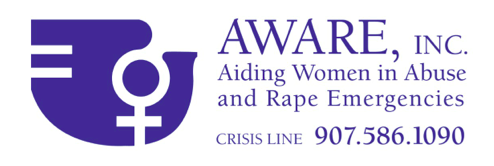October is designated national Domestic Violence Awareness Month (DVAM), and there is good reason for it (see statewide data here on the ANDVSA – Alaska Network on Domestic Violence and Sexual Assault – website). DVAM was born from the Day of Unity initiative to connect advocates working to end violence against women and children across the nation. The initial campaign was conceived of by the National Coalition Against Domestic Violence and in 1989, the U.S. Congress fully adopted the month to observe, primarily: those who have died because of domestic violence, those who have survived domestic violence, and to connect those working to end domestic violence.*
At AWARE (Aiding Women in Abuse and Rape Emergencies) in Juneau, we are exploring the personal recovery method CHIME — Connection, Hope, Identity, Meaning/purpose, Empowerment — to better understand and support survivors as they process the violence perpetrated against them.
In light of October’s designation as Domestic Violence Awareness Month, and the fact that Alaska has some of the nation’s highest rates of sexual assault and domestic violence, AWARE invites us to consider connection – the power of connection with ourselves, and with positive peer, familial, and community support.
At the same time, according to a recent study, Alaska ranked number one in the nation for well-being in 2015. Two of the primary factors measuring well-being were related to connectedness: social status (having supportive relationships and love in one’s life) and community (feeling safe, belonging, and getting involved).
What does connection mean to you and your well-being? What does connection mean to you as part of a community? As part of a community filled with survivors of domestic and sexual violence? If you are a survivor, what connection do you need from your community?
 AWARE’s mission is to provide safe shelter and supportive services for women and children who have been subject to domestic or sexual violence, and to effect the social, political, and legal changes need to eliminate oppression and violence against women and children. We provide intervention services for male victims, and work with men who have abused power and control in their intimate partner relationships. We also have a prevention staff, working with men, women, and children, to prevent the violence before it starts. AWARE services are also available in the Northern Southeast communities of Elfin Cove, Gustavus, Haines, Hoonah, Klukwan, Pelican, Skagway, Tenakee Springs, Yakutat.
AWARE’s mission is to provide safe shelter and supportive services for women and children who have been subject to domestic or sexual violence, and to effect the social, political, and legal changes need to eliminate oppression and violence against women and children. We provide intervention services for male victims, and work with men who have abused power and control in their intimate partner relationships. We also have a prevention staff, working with men, women, and children, to prevent the violence before it starts. AWARE services are also available in the Northern Southeast communities of Elfin Cove, Gustavus, Haines, Hoonah, Klukwan, Pelican, Skagway, Tenakee Springs, Yakutat.
AWARE thanks the Alaska Health Inc. for this opportunity to connect with those engaged in Alaska’s health and well-being. We welcome you to find out more about our services and how we can help you, your friends, loved ones, or community. Please visit our website at http://www.awareak.org. Our free and confidential crisis number is 1-800-478-1090 or 1-907586-1090. If you seek rural support, please email Britta Tonnessen at brittat@awareak.org or by calling AWARE at (907) 586-6623.
*National Resource Center on Domestic Violence. DVAM History. http://www.nrcdv.org/dvam/DVAM-history
**World Health Organization. Media Centre. Violence Against Women: Intimate Partner and Sexual Violence Against Women. Last revised Sept 2016: http://www.who.int/mediacentre/factsheets/fs239/en/.
On the photo above: In Girls on the Run, one of AWARE’s violence prevention programs, volunteer coaches build relationships with girls in grades 3-8 with a 10-week curriculum that enhances girls’ self-esteem and self-confidence. With the support of these adult mentors, girls experience a safe environment where they can learn skills to help them identify emotions, respond effectively to challenging situations, and feel connected to their community.


